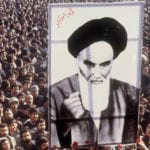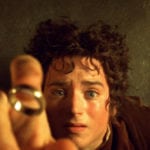 History
History  History
History  Weird Stuff
Weird Stuff 10 Wacky Conspiracy Theories You Will Need to Sit Down For
 Movies and TV
Movies and TV 10 Weird Ways That TV Shows Were Censored
 Our World
Our World 10 Places with Geological Features That Shouldn’t Exist
 Crime
Crime 10 Dark Details of the “Bodies in the Barrels” Murders
 Animals
Animals The Animal Kingdom’s 10 Greatest Dance Moves
 Movies and TV
Movies and TV 10 Box Office Bombs That We Should Have Predicted in 2025
 History
History 10 Extreme Laws That Tried to Engineer Society
 History
History 10 “Modern” Problems with Surprising Historical Analogs
 Health
Health 10 Everyday Activities That Secretly Alter Consciousness
 History
History 10 Dirty Government Secrets Revealed by Declassified Files
 Weird Stuff
Weird Stuff 10 Wacky Conspiracy Theories You Will Need to Sit Down For
 Movies and TV
Movies and TV 10 Weird Ways That TV Shows Were Censored
Who's Behind Listverse?

Jamie Frater
Head Editor
Jamie founded Listverse due to an insatiable desire to share fascinating, obscure, and bizarre facts. He has been a guest speaker on numerous national radio and television stations and is a five time published author.
More About Us Our World
Our World 10 Places with Geological Features That Shouldn’t Exist
 Crime
Crime 10 Dark Details of the “Bodies in the Barrels” Murders
 Animals
Animals The Animal Kingdom’s 10 Greatest Dance Moves
 Movies and TV
Movies and TV 10 Box Office Bombs That We Should Have Predicted in 2025
 History
History 10 Extreme Laws That Tried to Engineer Society
 History
History 10 “Modern” Problems with Surprising Historical Analogs
 Health
Health 10 Everyday Activities That Secretly Alter Consciousness
10 Forgotten Events That Shaped The Modern World
History is full of twists and turns that ultimately shaped the world we live in today. Sheer coincidences, forgotten heroics, and unforeseen consequences have—for better or for worse—created the modern world as we know it. Below are ten instances of “forgotten” events that would have altered our current society—and possibly our very existence—had they not occurred.
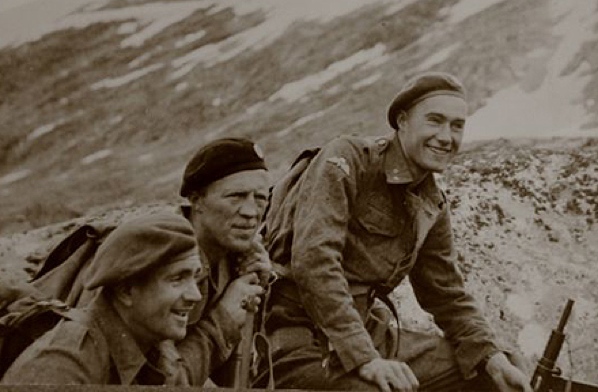
When developing nuclear weapons, one must acquire a large quantity of “heavy water,” or Deuterium Oxide. It is used to produce isotopes for nuclear weapons, namely Plutonium-239. A fertilizer production plant in Norway had been producing heavy water since 1934, at the rate of twelve tons per year. Recognizing that German scientists were trying to create a nuclear weapon, Allied special forces alerted Norwegian resistance groups in 1940, encouraging them to destroy the facilities.
Despite a number of failures, saboteurs managed to destroy the German supply of heavy water in 1943. In 1944, a single Norwegian commando managed to sneak onto a ferry carrying heavy water and sink it, finally undermining Germany’s plan to acquire nuclear weapons. Germany had the scientific ability to generate a nuclear weapon; they simply lacked the materials. Had it not been for the Norwegian resistance, Germany may well have been able to create an atomic bomb—altering the war, and changing world history.
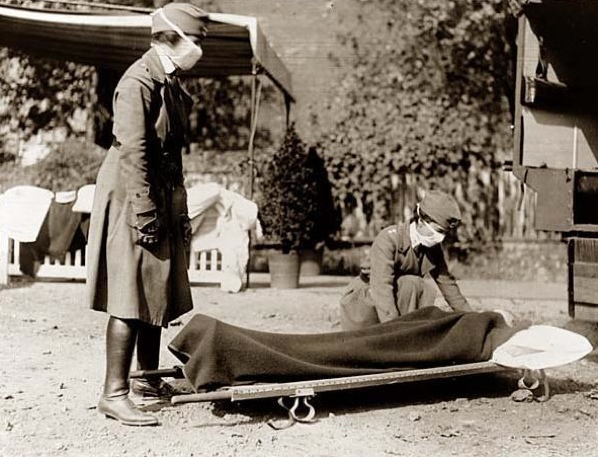
In 1918, the world rejoiced at the end of World War One. Unfortunately, a far more sinister form of death was beginning to take lives: Spanish Influenza. In two short years, the virus killed between fifty million and one hundred million people. It is said that the Spanish Flu killed more in twenty-five weeks than AIDS has in twenty-five years—and more in a single year than the Bubonic Plague killed in a century. The outbreak gave modern scientists the first true close look at an epidemic, paving the way for great advances in medicine.
Furthermore, the massive influx of patients led to a boom in the medical field, increasing the pay for doctors and encouraging many to enter the profession, a trend that continues to this day. For better or for worse, the Spanish Flu introduced the idea of “medicine for profit” to the world.
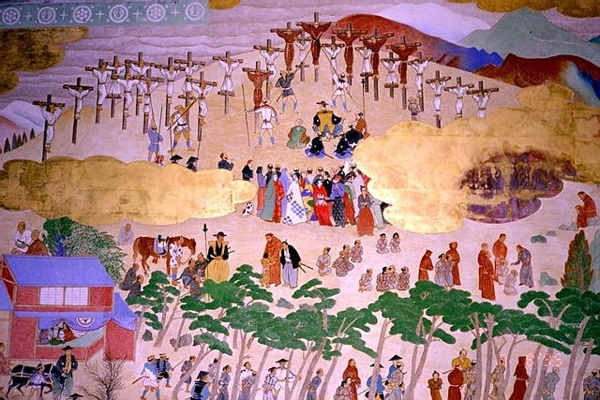
In the early 1600s, Catholic Missionaries in Japan were successful in converting a number of powerful feudal lords to Catholicism—thereby garnering a surprising number of followers in the largely Confucian nation. In 1639, Shogun Tokugawa Lemitsu expelled all Christians from the island, in fear of the growing Catholic population and the rebellions that these groups were causing. Had Tokugawa not expelled the Christians, it is likely that, with time, a Catholic Shogun would have risen to power.
An allegiance to the Pope may also have fostered an alliance with France and Spain; and had Japan been on the side of France and Spain during the Seven Years’ War against England, it is likely that the British would have been defeated. Such a defeat would have made the colonization of America by the British unlikely—reshaping the world as we know it.
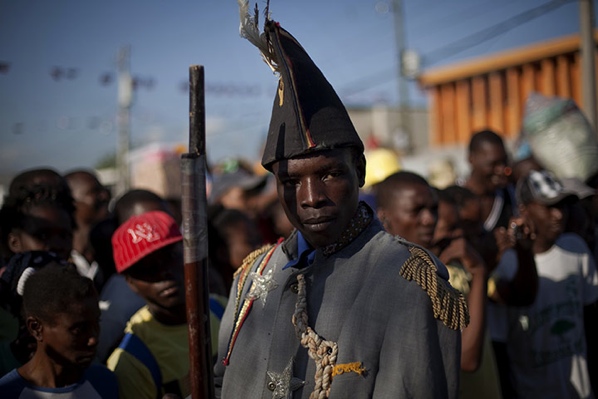
Known by the French as Saint-Domingue, the Caribbean island nation of Haiti was founded following a violent slave revolt that lasted from 1791 until 1804. The island was prized by the French, as its sugar cane proved to be a lucrative crop among the wealthy in Europe. More importantly, Napoleon used the funds from these sugar cane plantations to establish a foothold in Louisiana. Unable to quell the rebellion, Napoleon was forced to abandon his hopes of establishing a new French Empire in the Americas, as he now lacked the funds to do so. In debt after thirteen years of fighting a war against the Haitians, Napoleon sold the American government its Louisiana territories at a remarkably low price, in what is now known as the Louisiana purchase. Not only did the Haitian Revolution help form the modern day United States; it also prevented France from building a new North American Empire.
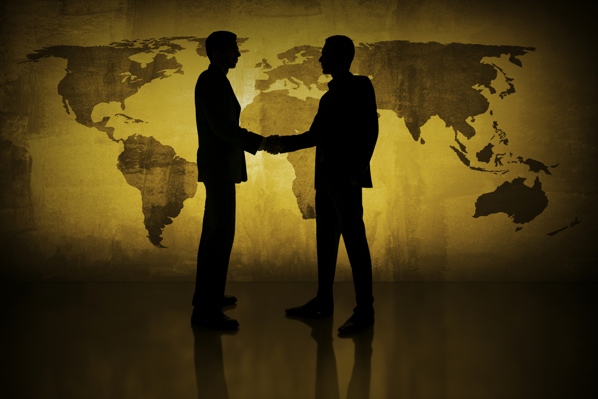
In 1944, with World War Two beginning to wind down, 730 delegates from all forty-four Allied nations met at a large hotel in New Hampshire. The meeting was held in an attempt to “outlaw practices which are agreed to be harmful to world prosperity”.
In short, an international banking system was to be established. Following this meeting, the International Monetary Fund was founded, all currencies were required to be convertible for trade, and exchange rates were modified so that one nation would not be favored over another. The ideas founded at this conference led to the development of the World Bank. In short, the international economy we now reside in and (occasionally) enjoy can be traced back to a meeting in the backwaters of rural New Hampshire.
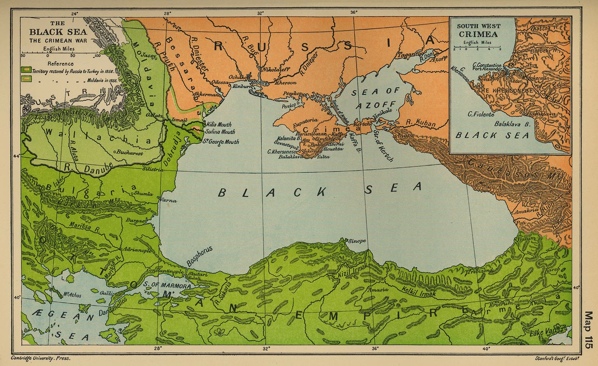
The Crimean War pitted the Ottoman Empire, the French Empire, and the British Empire against the Russian Empire in 1854. Although the Allied forces won the war, the Ottoman Empire was forced to take out massive loans from France and England. Sixty years later, still heavily indebted to the French and English, the Ottomans chose to side with the Germans in World War One, in the hope that a victory would nullify their existing loans. Unfortunately for the Ottomans, they were defeated, and France and England were able to enact their revenge upon the failing Empire. They split the Empire into a number of nations, creating new borders and political entities. This, in essence, formed the Middle-East as we now know it—and it sowed the seed for many of the problems we find in that region today.
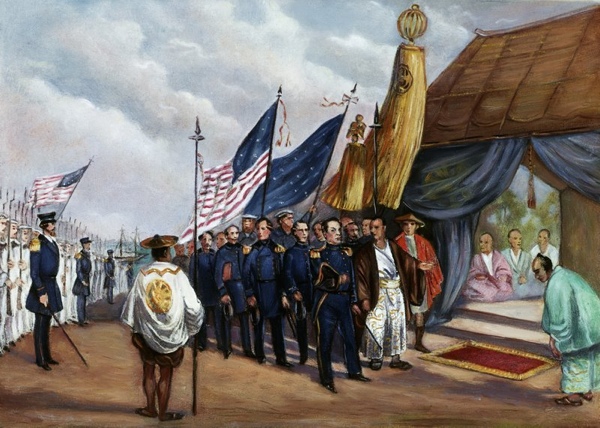
In 1854, following centuries of Japanese isolationism (see number eight), American Admiral Matthew C. Perry successfully encouraged Japan to open up to foreign trade. Still essentially a feudal nation, Japanese leaders began to comprehend the massive technological abyss which lay between their own nation and the industrialized world.
In their attempts to rapidly modernize, they needed to form an empire, since they required vast stockpiles of resources which could not be procured from their home islands. This led to a Japanese invasion of Korea, which was at that time a vassal state to China. Japan sided with the Allies during World War I, and continued to expand its territories following the war.
In 1931, Japan invaded Manchuria, outraging Western nations. In response, Japan withdrew from the League of Nations in 1933. In 1937, Japan went on to attack China, and than French Indochina in 1940. This led to the United States imposing an oil embargo on the Empire. Unable to continue their war efforts in China without oil, Japan attacked Pearl Harbor—setting the stage for the Pacific Theater of World War Two, and ultimately ushering in the atomic age.

The terrible tale of this notorious cruise liner has been told time and time again, but some good did come of it; the golden age of radio. Following the sinking of the Titanic, it was mandatory for ships to possess wireless telegraphs, and eventually a radio had to be installed and manned at all times. Working long shifts next to a quiet radio became quite boring, and the men eventually started playing instruments and songs to one another as a form of entertainment.
The idea spread, and the radio quickly became used to spread news and entertain families around the globe. Although a terrible tragedy, the sinking of the Titanic allowed radio to become the first truly global form of entertainment.
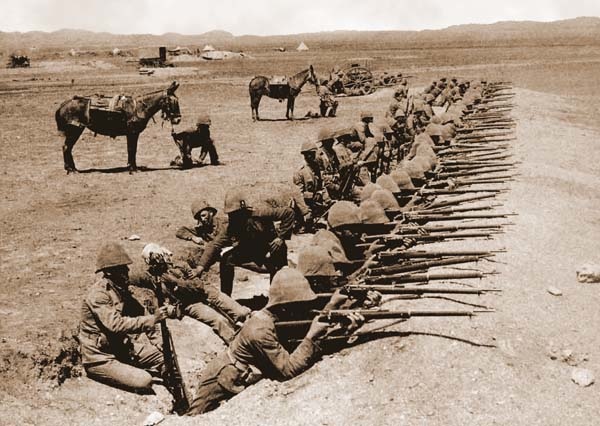
The Boer War actually consisted of two separate wars fought between Dutch settlers and the British Empire in what is now South Africa. The first war lasted from 1880 until 1881, and the second took place between 1899 and 1902. The second installment proved to be the most costly, as the British captured civilian populations and placed them in concentration camps—the first time they had ever been used by a modern power.
The German Empire viewed the British as weak, and openly supported the Boers and their allies. Insulted by the Germans and embarrassed by their inability to deal with the Boers, the British became more involved in world politics, strengthening ties with Russia and France while remaining hostile towards Germany. This animosity would continue to grow, ultimately coming to a head in World War One, which itself set the course of the twentieth century.
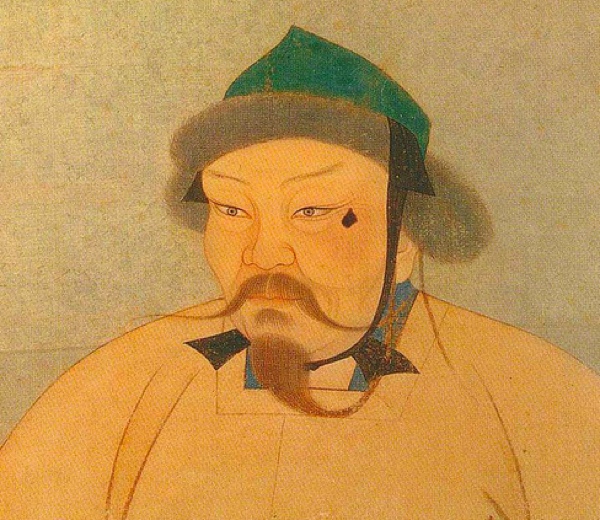
In 1241, Ogedei Khan—the Emperor of the Mongol Empire and son of Genghis Khan—passed away. Shortly before his passing, he had approved of a plan to invade Western Europe, aiming initially for Vienna, Austria, and continuing towards Germany, Italy, France, and Spain. This operation was to be carried out by Batu Khan.
Upon Ogadei’s death, a number of Mongol princes held an election, and chose Guyuk Khan to lead the Empire—but not before five years had passed. By the time Guyuk was in power, Batu felt too old and weak to invade Western Europe, and the Mongol Empire would never again come close to conquering the region. At around the same time, the basic ideas of “modern” banking and the concepts of capitalism were being developed in Austria. A Mongol invasion at such a time could very well have ended these early forays into what is currently the most prominent economic system in the world.
Andrew Fitzgerald is a moderately poor college student who once ate a pizza box on a dare. Follow him on twitter
.



